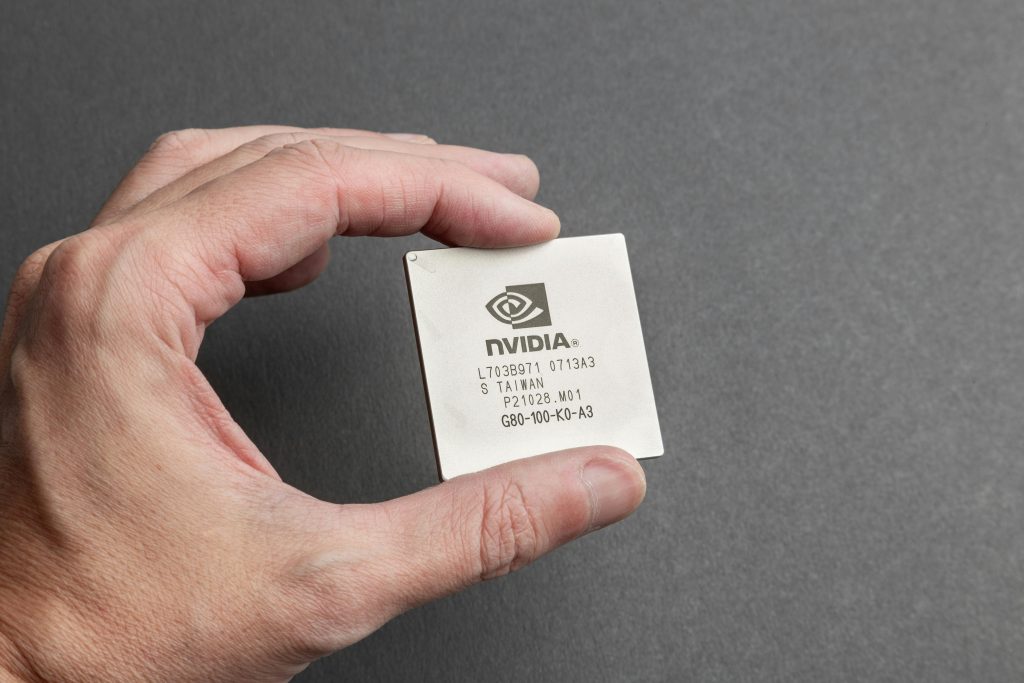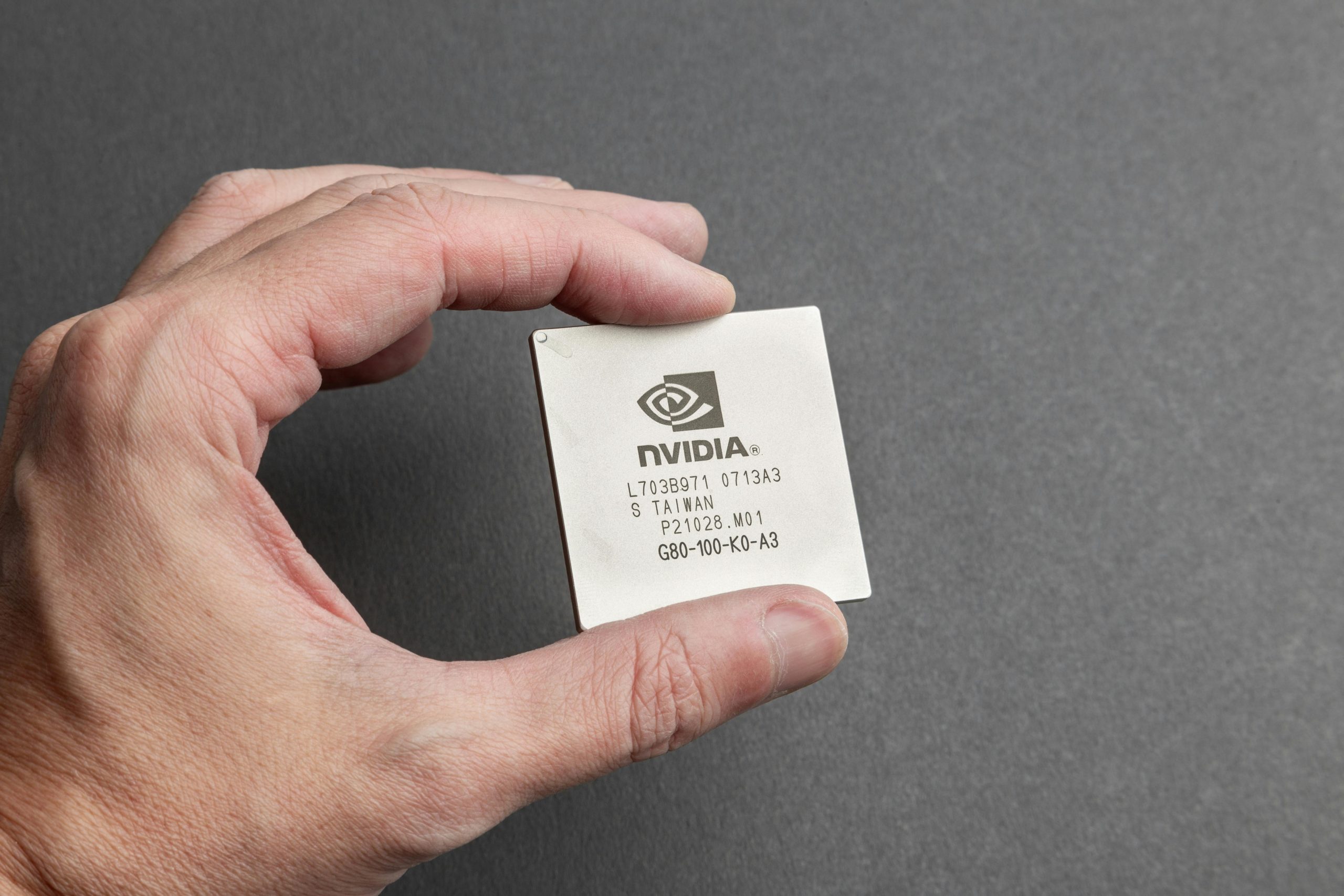
Nvidia is officially re-entering the Chinese market with its H20 artificial intelligence chips after months of regulatory uncertainty and geopolitical maneuvering. The move comes after the company announced on Monday that it has filed applications to restart sales of the H20 chip, and expects U.S. government licenses to arrive soon.
In a strategic shift, Nvidia also unveiled the RTX Pro, a new AI chip developed specifically for the Chinese market. The company described the chip as “fully compliant” with current U.S. export regulations and particularly suited for industrial applications like smart factories and logistics systems.
What Is the H20 Chip?
The H20 chip is part of Nvidia’s AI accelerator lineup, built for inference tasks—running pre-trained models in real-time scenarios. While not as powerful as Nvidia’s top-tier H100 or A100 chips used in training large AI models, the H20 is still the most capable chip Nvidia can legally export to China under current U.S. restrictions.
Chinese tech giants such as Alibaba, Tencent, and ByteDance had already begun stockpiling H20 chips earlier this year, aware that stricter regulations were likely on the horizon. What makes the H20 particularly attractive to them is its superior memory bandwidth and compatibility with Nvidia’s CUDA software ecosystem, making deployment efficient and cost-effective.
A Tug-of-War Between Security and Commerce
The saga began back in April 2025, when the Trump administration abruptly imposed new export controls targeting chips that exceeded specific performance thresholds—including memory bandwidth over 1,400 GB/s or I/O over 1,100 GB/s. These controls effectively banned sales of Nvidia’s H20 chips to Chinese customers.
Estimates suggest this decision could have cost Nvidia as much as $15–16 billion in revenue, based on reported first-quarter sales to Chinese firms.
However, the ban didn’t last long. After Nvidia CEO Jensen Huang reportedly attended a $1 million-per-head dinner at Trump’s Mar-a-Lago estate, the administration paused the restrictions.
Shortly after, Nvidia pledged to invest up to $500 billion in AI server infrastructure within the U.S. over the next four years—likely to assuage national security concerns. This commitment appears to have influenced the government’s decision to allow H20 sales to resume.
Critics Sound the Alarm
Not everyone is applauding the reversal. Some U.S. lawmakers warn that the back-and-forth undermines efforts to limit China’s AI development, citing companies like DeepSeek, which built a competitive AI model using Nvidia’s now-banned H800 chips.
While H800 chips are officially restricted since October 2023, Chinese firms have reportedly found loopholes and workarounds to continue accessing them.
The incident has once again highlighted the fragile balance between national security and economic priorities. With AI now central to global competitiveness, decisions around chip exports are no longer just about business—they’re about strategic dominance.
The Road Ahead
In a statement to TechCrunch, Nvidia spokesperson Hector Marinez said that Jensen Huang has been meeting with policymakers in both Washington and Beijing, “emphasizing the benefits that AI will bring to business and society worldwide.”
Looking forward, this episode signals that further policy reversals and adjustments are likely in the future. As tensions between the U.S. and China continue to unfold in the tech sphere, companies like Nvidia are caught in the crossfire, balancing regulatory compliance with massive market opportunities.
For now, though, Nvidia is back in the Chinese market—and it’s doing so with new products, renewed strategy, and a keen awareness of the geopolitical stakes involved.
Related Reads:

